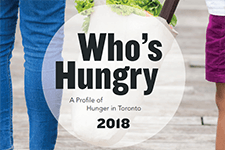Discover financial empowerment resources
Discover financial empowerment resources
In this podcast episode, Simon Brascoupé introduces “Braiding Mind, Body, and Spirit,” a culturally relevant financial wellness resource developed with Prosper Canada and the Aboriginal Financial Officers Association of Canada. Using the braiding metaphor, the resource addresses Mind...
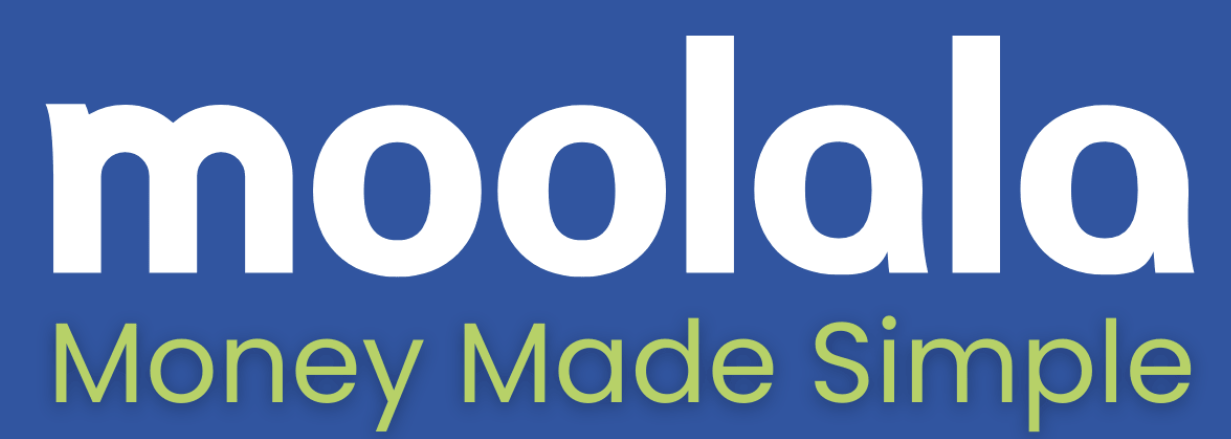
What would it take to eliminate poverty in Canada by 2030? The 2030 Project explores why poverty persists, and what we can do about it. This podcast is a special mini-series dedicated to the new Canada Disability Benefit. This is a Story Studio Network podcast sponsored by Daily Bread Food Bank,...
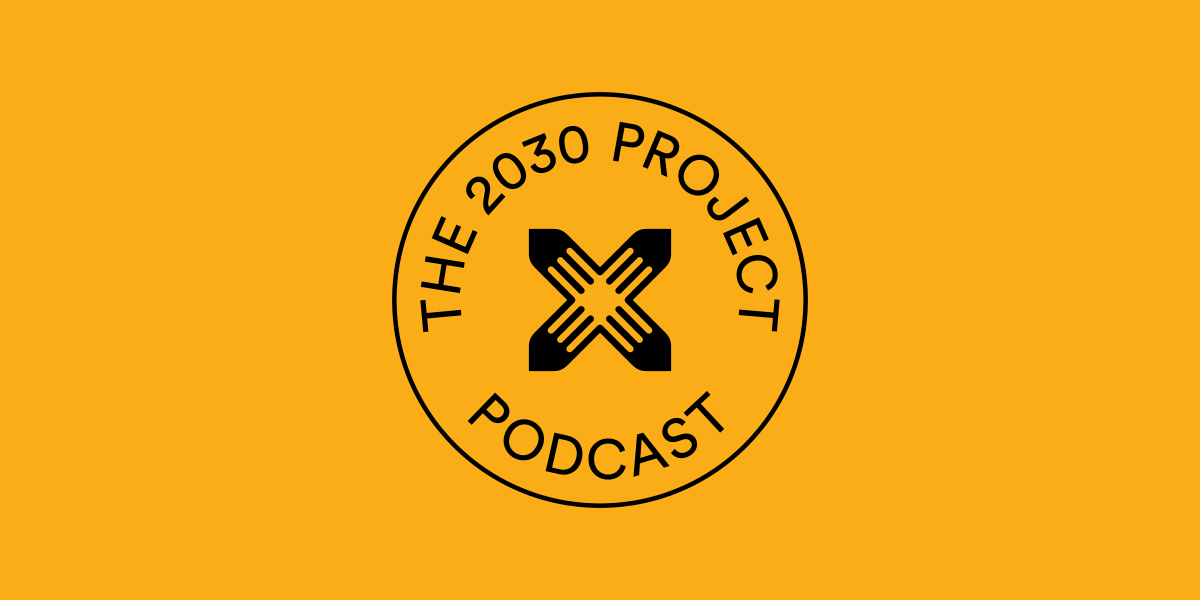
In partnership, Daily Bread Food Bank and North York Harvest Food Bank have released Who’s Hungry 2024 – an annual profile of poverty and food insecurity in the City of Toronto. In the last year, there were 3.49 million client visits to Toronto food banks – nearly 1 million more visits...
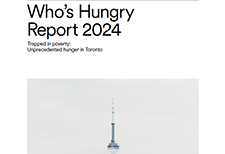
This guide, prepared by FAIR Canada, will help consumers who have complaints against their bank or investment firm and want to be financially compensated for their losses. This guide provides and overview of external complaint-handling systems that may be available when seeking compensation. It is...
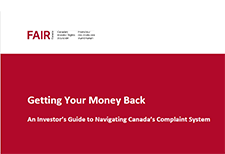
Greater attention has been given in recent years to the role of parental wealth in the home ownership aspirations of younger Canadians. Just as the intergenerational transmission of income inequality is of concern, an increasing reliance on the "Bank of Mom and Dad" raises questions about how...

Banks in Canada are working around the clock on the prevention and detection of fraud and cyber security threats and work closely with each other and with bank regulators, law enforcement and all levels of government to protect the financial system and their customers from financial crimes. There...
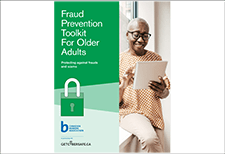
Fast facts: More than 99 per cent of Canadians have a bank account 31 per cent of Canadians say they pay no service fees at all and another 45 per cent pay $15 or less per month Canadians are careful borrowers. Only 0.17 per cent of mortgages are in arrears Access this resource to read...

Since 2020, the Bank of Canada has engaged with Canadians, the financial industry and civil society groups to better understand how a digital version of the Canadian dollar might affect everyone. Bilateral and roundtable discussions were held, as well as demographically representative focus groups...
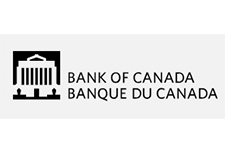
The FCAC has updated their dashboard that present the result of two FCAC surveys: the COVID-19 Financial Well-being Survey and the Survey on Canadians' use of Bank Products and Services. The dashboard was updated in July 2023 with data collected between August 2020 and May 2023. Some indicators...

World Elder Abuse Awareness Day takes place each year on June 15th and is a good opportunity to remind ourselves, friends and family about the importance of recognizing the signs of financial abuse and taking preventative measures. Older adults are often the target of financial abuse, but anyone...
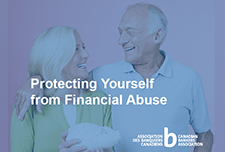
When immigrants arrive in Canada, they face many financial challenges. From opening a bank account to using a credit card, from buying a house to paying for insurance, they may find it difficult to navigate the nuances of Canadian markets. Newcomers rely on industry professionals to assist them in...
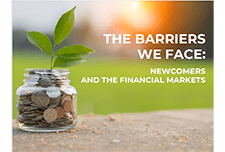
ABC Life Literacy Canada has unveiled the newest workbook from its HSBC Family Literacy First program, supported by HSBC Bank Canada. The workbook, entitled “Chug-a Chug-a Choo Choose”, includes a story and four new activities that teach children how to compare costs and identify needs and...
If you have a complaint, it is important you fully understand your rights, so that you don’t feel taken advantage of during the process. After reading the guide, you will: ● Know how and who to contact when you first make a complaint. ● Understand your basic rights during the process,...

Money Matters is a free introductory financial literacy program for adult learners that has been delivered to Canadians since 2011 and has reached over 80,000 adults. It was developed by ABC Life Literacy Canada in partnership with the Government of Canada and TD Bank Group and was designed by...

Banks offer extensive information on how newcomers to Canada can get started in their new country, including checklists, information, financial services and advice. Here is some basic information to get you started. A list of bank resources at the end of this article may also help with the...
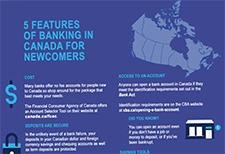
One of the consequences of social distancing and other restrictions, during the pandemic, such as those on business operating hours, is that consumers spent more of their time searching for information, shopping, and streaming entertainment on-line. With more free time on their hands and money in...
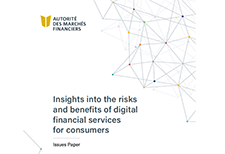
Drawing on survey and interview data, as well as data from Daily Bread and North York Harvest’s member agencies, the 2022 Who’s Hungry report examines trends in food bank use and food insecurity over the past year in relation to three core areas: income and employment, housing, and the cost of...
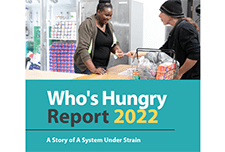
You worry about your family's physical, mental and spiritual health. You take care of yourself and make sure you and your family are healthy, safe and happy. Many people do not realize that you also need to be financially healthy. Financial wellness is understanding and managing your own money....
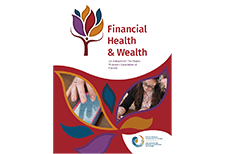
Banks in Canada are meeting the evolving preferences of their customers as powerful new technologies change the way people bank and how they pay for goods and services. Banking is transforming at a record pace, bringing innovation and new potential to empower Canadians’ lives in a digital world....
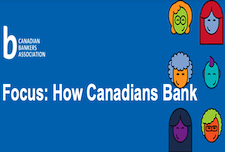
Research shows that 15 percent, or close to five million Canadians, are underbanked, and three percent are completely unbanked, meaning that they have very limited or no access to financial services within the traditional banking sector. Ironically, underbanked individuals often come from...
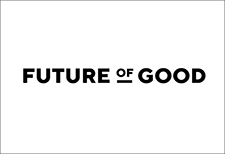
The ability to build assets allows an individual or family to meet long-term financial goals and create economic stability for the future. This toolkit contains resources on goal setting, action planning and information on financial products and government supports that can help with building...
This report provides quantitative and qualitative data about the experience of hunger and poverty in Toronto during COVID-19. Based on phone surveys with over 220 food bank clients in May and June 2020 and an analysis of food bank client intake data, the report demonstrates that COVID-19 has led to...
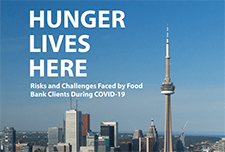
Identity thieves try to use your personal information to take money from your bank account, shop with your credit card, or even commit crimes in your name. This publication explains how to spot the warning signs of identity theft, how to protect yourself, and what you can do if it happens to...
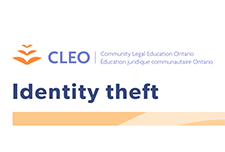
Everyone needs to bank and nearly everyone has a relationship with at least one financial institution. Financial Institutions need relationships with consumers too, in order to thrive as businesses. The role these relationships play in financial decision making for Canadians is an important...

The Who’s Hungry Report provides quantitative and qualitative data about the experience of hunger and poverty in Toronto. To create the reports, trained volunteers conduct face-to-face interviews with over 1,400 food bank clients at nearly 40 member agencies, collecting demographic data as well...
